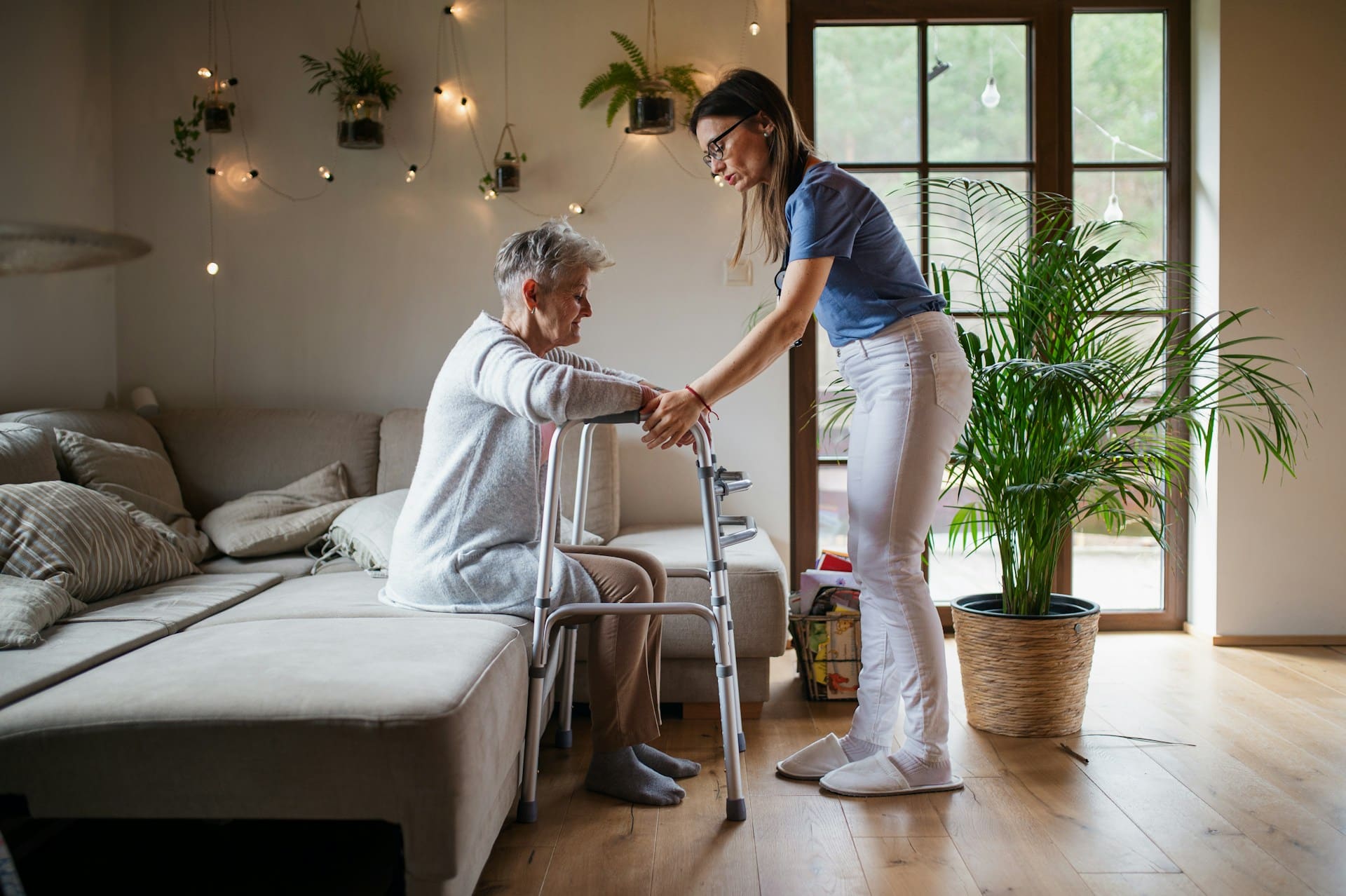Imagine visiting your loved one in a nursing home, expecting to see them well-cared for and happy, only to notice something isn’t right. Nursing home abuse is a distressing reality for many families, and it’s vital to recognize when something is amiss. This situation can leave you feeling overwhelmed and uncertain about what steps to take next. But understanding the warning signs and knowing how to respond can help protect your loved ones and ensure they receive the care they deserve.
When you suspect nursing home abuse, acting quickly is critical to safeguard your loved one’s well-being. You’re not just confronting a difficult problem; you’re stepping in to protect someone who can’t always protect themselves. This article will guide you through the immediate steps to take, empowering you with the knowledge to handle this delicate situation with care and urgency.
Recognize the Signs of Nursing Home Abuse
Spotting the signs of nursing home abuse isn’t always straightforward, but being aware of them is the first step in addressing the problem. Abuse can manifest in various forms, and it’s important to pay attention to any changes in behavior or physical appearance that could indicate trouble.
When visiting your loved one, look for physical signs such as unexplained bruises or cuts, fractures, and worsening bedsores. These injuries could suggest rough handling or neglect. It’s not just about the visible marks—noticeable changes in personal hygiene and signs of malnourishment or dehydration also warrant concern.
Emotional signs are equally significant. Pay attention to sudden shifts in mood or behavior. Does your loved one seem withdrawn, fearful, or unusually anxious? These may indicate emotional abuse or intimidation. Don’t dismiss if they become unusually quiet or reluctant to talk about their experiences in the facility.
Financial exploitation can also occur, so keep an eye on unexplained withdrawals from their accounts or missing property. Regularly reviewing financial statements for unusual transactions can help detect this form of abuse early.
By staying vigilant and recognizing these signs, families can take the first steps toward addressing potential abuse and ensuring their loved one’s safety.
Document Your Observations
Once you suspect abuse, documenting your observations is crucial in building a clear picture of the situation. This not only helps in understanding what’s happening but also provides evidence if authorities and professionals need to get involved.
1. Keep a Detailed Log: Note down dates, times, and detailed descriptions of any incidents or observations. Write down what you see, hear, and any conversations that take place. This log becomes a chronological record that can support any claims of abuse.
2. Take Photographs: Use a camera or smartphone to capture images of physical injuries or concerning conditions. Photos serve as visual proof and can be especially powerful in conveying the seriousness of what’s happening.
3. Collect Records: Gather any relevant documentation, such as medical records, financial statements, or written communications that might be relevant. These documents can provide critical context and help piece together how the abuse has occurred.
Detailed and organized documentation will be invaluable for reporting the abuse and seeking the appropriate help. It’s a practical step that supports taking informed action to protect your loved one effectively.
Report the Abuse
When you have gathered enough information and documented your observations, it’s time to report what you’ve discovered. Acting swiftly can help protect your loved one from further harm and also prevent abuse from continuing unchecked. Here’s how you can proceed:
1. Contact the Authorities Immediately: If you believe your loved one is in immediate danger, don’t hesitate to call law enforcement. Your local police department can offer guidance on handling the emergency and ensure your loved one’s safety.
2. Inform the Nursing Home Administration: Once immediate concerns have been addressed, report your findings to the administrators of the nursing home. They need to be aware of the issues and take corrective action. This could involve staff changes, increased supervision, or policy adjustments.
3. Reach Out to Local Agencies: Many local organizations can provide support and intervention in cases of elder abuse. Consider contacting adult protective services or similar agencies that specialize in safeguarding the elderly. These agencies usually have protocols in place for dealing with such situations and can offer valuable resources.
Taking these steps can ensure that your loved one’s needs are addressed while raising awareness of the issue within the facility, prompting necessary changes.
Consult with a Nursing Home Abuse Lawyer
Seeking professional legal advice is an important step in understanding nursing home abuse cases. A knowledgeable lawyer can guide you through the legal process and help you understand your rights and options.
– Discuss Your Case: A lawyer experienced in nursing home abuse can assess your situation and advise on the best course of action. They can explain the legal implications and what you can expect moving forward.
– Professional Guidance: Legal procedures can be confusing, especially when dealing with such sensitive matters. A lawyer will help manage the documentation and work with you to build a compelling case if necessary.
– Choosing a Local Attorney: When looking for legal help, consider a lawyer familiar with Little Rock, AR, and its specific regulations. Their local expertise can be beneficial in dealing with regional laws and courts.
By working with a legal professional, you can ensure that your loved one’s case is handled with care and competence and that they receive the justice they deserve.
Ensuring Future Safety for Loved Ones
Once you have navigated the immediate crisis, it’s important to focus on long-term safety and well-being. There are several steps you can take to ensure your loved one’s continued safety and comfort.
– Relocate if Necessary: If the situation in the nursing home doesn’t improve or if your loved one still feels unsafe, it might be time to consider relocation. Choose a facility with a solid reputation and positive feedback from residents and families.
– Ongoing Monitoring: Regular visits and communication with your loved one can help monitor their situation. Stay in touch with staff and get involved in any meetings or discussions regarding their care plan.
– Access Support and Resources: Connect with support groups for families facing similar challenges. These groups can provide valuable insights, emotional support, and practical advice. Community resources and advocacy groups can also be helpful in navigating these situations.
By staying proactive and engaged, you can help safeguard your loved one’s future and ensure they live in an environment where they are respected and nurtured. Taking these steps is not just about addressing immediate issues but fortifying their overall quality of life moving forward.
Addressing nursing home abuse is a challenging yet necessary task to ensure the safety and dignity of your loved ones. If you’re facing this situation in Little Rock, AR, it might be beneficial to consult with a nursing home abuse lawyer. The Law Office of Thomas G. Buchanan has experience in handling such cases and can offer guidance on how best to proceed. Protect your family and ensure their safety and well-being by seeking professional advice.

